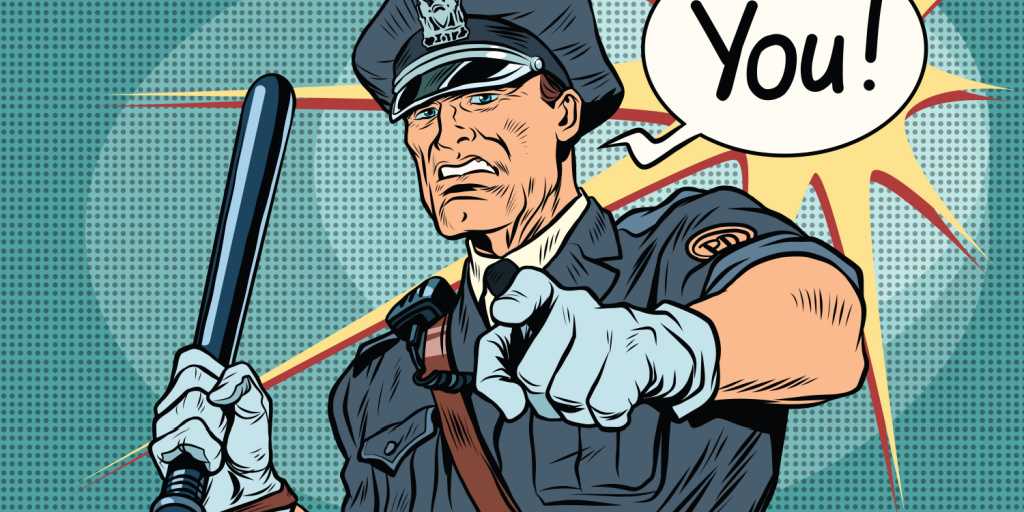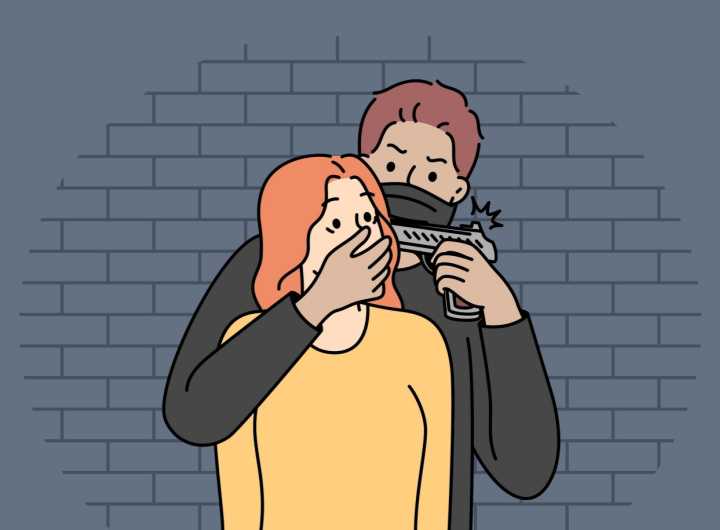Is Cyber Stalking Against the Law in Arizona?
Just for clarification, criminal harassment can be different from other types of harassment that may only carry civil penalties. For example, certain types of workplace harassment or bullying may be grounds for a lawsuit because the behavior is not appropriate for the workplace, but the conduct may not be criminal.
What is Cyber Harassment?
If you communicate electronically with another person in a harassing manner, this could be criminal harassment. In order to be criminally convicted of harassment, the perpetrator must intend the contact to be harassing or know that the receiver perceives it as harassment. The communication can be criminal harassment even if it is anonymous. Under A.R.S. 13-2921 (E) “harassment” means conduct that is directed at a specific person and that would cause a reasonable person to be seriously alarmed, annoyed or harassed and the conduct in fact seriously alarms, annoys or harasses the person.” In other words, the conduct must be something an average person would consider harassment and the person to whom the conduct was directed must feel harassed.
If you continue to send texts and e-mails after someone tells you to stop, this could cross the line into harassment or other charges. Of course, this would depend on the subject matter and context of the electronic communications. Criminal cyber harassment often occurs between ex-spouses that share a child because neither spouse wants to block the other spouse’s number because there is a necessity to communicate regarding visitation and issues regarding the children.
Even if you are not charged with criminal harassment, proof of behavior that equates to criminal harassment can be used to obtain an order of protection (also known as a restraining order.) Even if you are not formally charged with harassment, there can be serious consequences to your employment, child custody arrangement, and other collateral consequences if you are the subject of an order of protection.
Aggravated cyber harassment is a felony and occurs when someone continues to harass the victim after a prior harassment conviction or a domestic violence conviction. Cyber harassment in violation of a protection order is also aggravated harassment. Texting threats of physical violence could additionally result in felony charges for “threatening and intimidation.”
What is Cyber-Stalking?
Cyber-stalking is an extreme form of cyber-harassment, involving more than one incident of harassment. A person is a victim of “stalking” if another person’s “course of conduct” causes the victim to suffer emotional distress or fear that the victim or someone the victim cares about will be physically hurt. Typically, criminal stalking also involves some type of physical confrontation, although this is not required. For example, if someone repeatedly shows up at person’s place of work and also sends threatening e-mails or text messages to a person, takes pictures of a person in public places, this could be criminal stalking. Often, there is an inordinate amount of unwanted texts or electronic communications. Electronic or GPS surveillance of an individual could also result in criminal stalking charges.
Cyber Stalking and Cyber Harassment Are Not Protected Speech Under the First Amendment
Some defendants have argued that public electronic speech, such as Facebook postings, are protected by the First Amendment and therefore cannot be criminal harassment. The Courts have historically not agreed with this argument because cyber harassment does not contain a political or social message and it is directed at a specific person with the intent to harass that person.
If you have been accused of cyber harassment or stalking or an order of protections is being sought against you, a defense attorney can review all of the evidence against you, advise you of your rights, and advocate on your behalf.
Recommended Articles

Arizona’s new sealing statute is a powerful way for people who have been charged or convicted of many common offenses, to be able to say “no” in many instances.

In Arizona, “Aggravated Assault” charged under ARS § 13-1204 is a Class Four Felony, and in some cases with mandatory prison.

DUI or domestic violence police misconduct even if not resulting in grievous misfortune can sometimes provide a helpful remedy for the criminally accused.

people are surprised by how outsized the consequences some misdemeanor convictions can be. collateral consequences—meaning all those hidden consequences.

For thirty years two federal laws prohibited all those convicted of misdemeanor domestic violence offenses from ever possessing firearms.

About Michael Harwin
Michael’s skill and experience have been recognized repeatedly. He holds an A-V 5/5 preeminent rating by Martindale Hubbell. He has been named one of the top lawyers in Arizona by Southwest Superlawyers, and one of the best lawyers in Tucson by Tucson Lifestyle Magazine. He also has been named one of the best lawyers in the United States by BestofUS.com , and given the highest rating possible by AVVO, 10/10 Superb. Amazon Books

